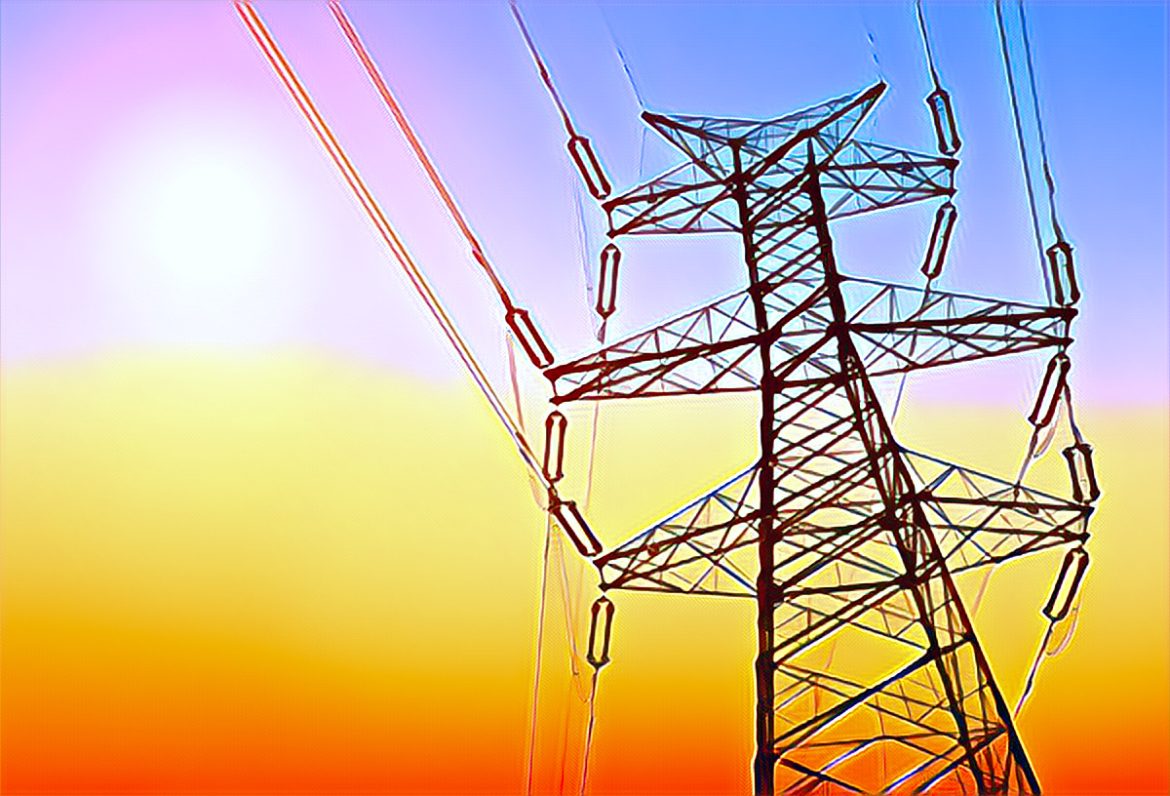The World Bank has announced a groundbreaking initiative to bring electricity access to millions of Africans, calling it a critical human right. World Bank President Ajay Banga addressed the World Bank Group Meetings in April 2024, highlighting the transformative power of electricity.
“Access to electricity isn’t a luxury, it’s a fundamental right,” Banga declared. “Without it, there can be no escape from poverty, no path to sustainable growth, and limited development opportunities. Electricity is the cornerstone for creating jobs, improving healthcare, and fostering innovation across Africa.”
Energy Poverty: A Pressing Challenge for Africa
Banga emphasized the stark reality of energy poverty in Africa. “An unacceptable situation exists where over 600 million people in Africa are living without electricity,” he stated. This lack of access hinders necessities and economic progress.
To tackle this challenge head-on, the World Bank has joined forces with the African Development Bank (AfDB). This historic partnership aims to connect a staggering 300 million Africans to electricity by the ambitious target date of 2030. The World Bank will spearhead efforts to connect 250 million people, while the AfDB will focus on reaching an additional 50 million.
“This ambitious undertaking requires a united front across the continent,” Banga explained. “We will be working hand-in-hand with African governments, financial institutions, and the private sector to ensure a significant portion of the population has access to affordable and reliable electricity by the end of the decade.”
Electrification: A Catalyst for Progress
The World Bank’s commitment to electrification extends far beyond simply illuminating homes. Access to electricity is crucial for powering essential services like hospitals, schools, and businesses. It empowers communities, improves access to education and healthcare, and unlocks economic potential by creating jobs and fostering new industries.
Despite the World Bank and AfDB’s commitment, significant hurdles remain. These include:
- Infrastructure Gap: Remote areas in Africa often lack the necessary infrastructure to connect to the national grid, requiring innovative solutions for power delivery.
- Investment Hurdles: The high upfront costs of expanding the power grid pose a significant financial challenge.
- Regulatory Barriers: Streamlining regulations and creating a more attractive environment for private sector investment is crucial for attracting the necessary funding.
Overcoming Obstacles for a Brighter Future
Overcoming these challenges will require a multi-pronged approach. Investment in renewable energy sources like solar and wind power can help address infrastructure limitations and environmental concerns. Additionally, fostering public-private partnerships can leverage private-sector expertise and resources to accelerate the electrification process.
The World Bank and AfDB’s initiative has the potential to be a game-changer for Africa. By providing electricity access to millions, the project can unlock a wave of positive change. Improved education and healthcare will empower communities. Economic growth will create jobs and stimulate innovation. This ambitious plan represents a significant step towards a brighter future for Africa, fostering a continent brimming with opportunity and potential.
Independent development experts have applauded the World Bank and AfDB’s initiative. “This collaborative effort has the potential to create a ripple effect across Africa,” said Dr. Ngozi Okonkwo, a development economist at the University of Lagos. “Increased access to electricity will not only improve people’s lives but also unlock economic opportunities across various sectors, leading to a more prosperous Africa.”
Looking Ahead: A Sustainable Future Powered by Collaboration
The success of this initiative hinges on continued collaboration between the World Bank, AfDB, African governments, and the private sector. By working together and prioritizing innovative solutions, they can illuminate the path towards a more sustainable and prosperous future for Africa, powered by reliable and affordable electricity.
Source: Graphic Online





2 comments
Thanks for sharing. I read many of your blog posts, cool, your blog is very good.
Your article helped me a lot, is there any more related content? Thanks!